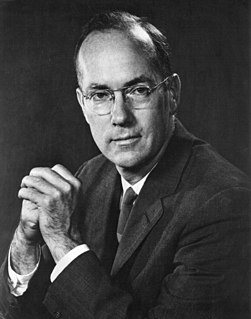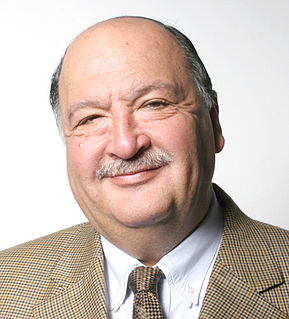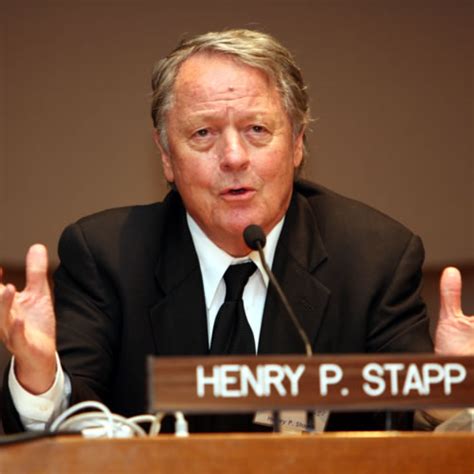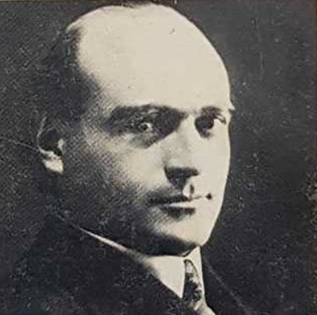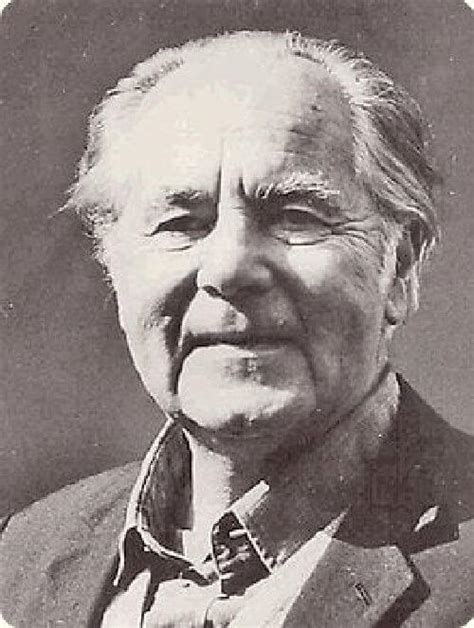A Quote by John Archibald Wheeler
There are many modes of thinking about the world around us and our place in it. I like to consider all the angles from which we might gain perspective on our amazing universe and the nature of existence.
Related Quotes
At least this is the way I see it. I am a physicist. I also consider myself a Christian. As I try to understand the nature of our universe in these two modes of thinking, I see many commonalities and crossovers between science and religion. It seems logical that in the long run the two will even converge.
Let us, then, take our compass; we are something, and we are not everything. The nature of our existence hides from us the knowledge of first beginnings which are born of the nothing; and the littleness of our being conceals from us the sight of the infinite. Our intellect holds the same position in the world of thought as our body occupies in the expanse of nature.
We live in an extraordinary time. We are caught up in a pace of social and technological change that makes our work, our business and education, sources of anxiety and unfulfillment. Thinking about our thinking and observing our observations can bring us a new world in which work becomes a place for innovation, and in which peace, wisdom, friendship, companionship and community can exist. Let us design this world together.
The human mind has a desire to know its place in the universe and the role we play in the tapestry of life. This is actually hardwired into our brains, the desire the know our relationship to the universe. This was good for our evolution, since it enabled us to see our relationship to others and to nature which was good for our survival. And it is also what drives our curiosity to understand the universe.
There is an ultimate wildness in all this, for the universe, as existence itself, is a terrifying as well as a benign mode of being. If it grants us amazing powers over much of its functioning we must always remember that any arrogance on our part will ultimately be called to account. The beginning of wisdom in any human activity is a certain reverence before the primordial mystery of existence, for the world about us is a fearsome mode of being. We do not judge the universe.
Immigrants to America help us with the work they do. They challenge us with new ideas, and they give us perspective. This is still the nation that more people around the world want to come to than any place else. That has to tell us something about ourselves. If around the world this is the place people want to come to so much, maybe there's more here than many of us realize-and that many of us can take advantage of.
Our beliefs about ourselves in relation to the world around us are the roots of our values, and our values determine not only our immediate actions, but also, over the course of time, the form of our society. Our beliefs are increasingly determined by science. Hence it is at least conceivable that what science has been telling us for three hundred years about man and his place in nature could be playing by now an important role in our lives.
We believe we are hurt when we don't receive love. But that is not what hurts us. Our pain comes when we do not give love. We were born to love. You might say that we are divinely created love machines. We function most powerfully when we are giving love. The world has led us to believe that our wellbeing is dependent on other people loving us. But this is kind of upside down thinking that has caused so many of our problems. The truth is our well being is dependent on our giving love. It is not about what comes back; it is about what goes out!
The prevailing attunement is at any given time the condition of our openness for perceiving and dealing with what we encounter; the pitch at which our existence is vibrating. What we call moods, feelings, affects, emotions, and states are the concrete modes in which the possibilities for being open are fulfilled. They are at the same time the modes in which this perceptive openness can be narrowed, distorted, or closed off.
But that Franklin trip changed me profoundly. As I believe wilderness experience changes everyone. Because it puts us in our place. The human place, which our species inhabited for most of its evolutionary life. That place that shaped our psyches and made us who we are. The place where nature is big and we are small.
High Alpine meadows, like their near relatives prairie, desert and certain varieties of wetland, teach us to consider the world from a fresh perspective, to open our eyes and take account of what we have missed, reminding us that, in spite of our emphasis on the visual in everyday speech, we see so very little of the world.
Avatar is the most high tech film in terms of its execution, dealing with essentially a very low tech subject; which is our relationship with nature...and in fact the irony is that the film is about our relationship with nature and how our technological civilization has taken us several removes away from a truly natural existence and the consequences of that to us.

